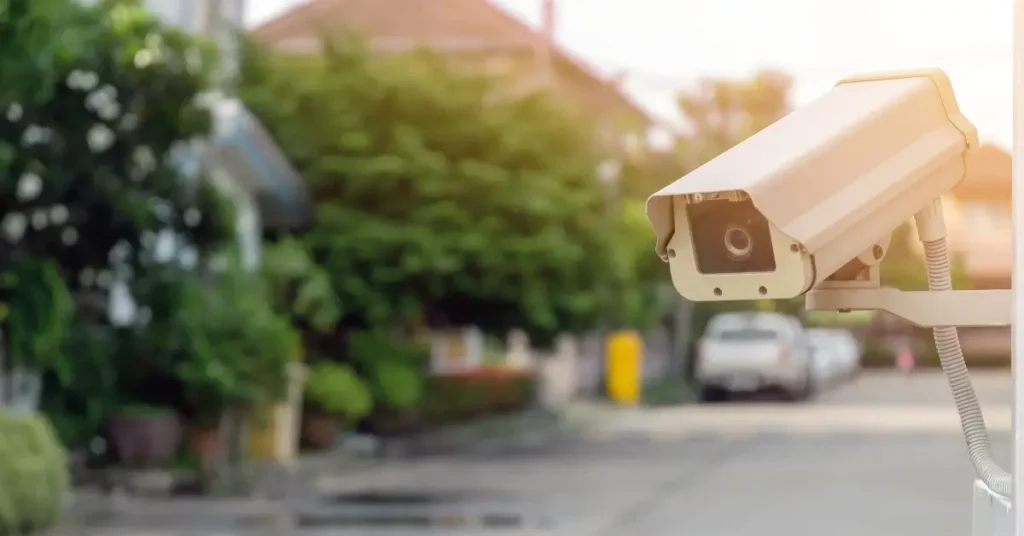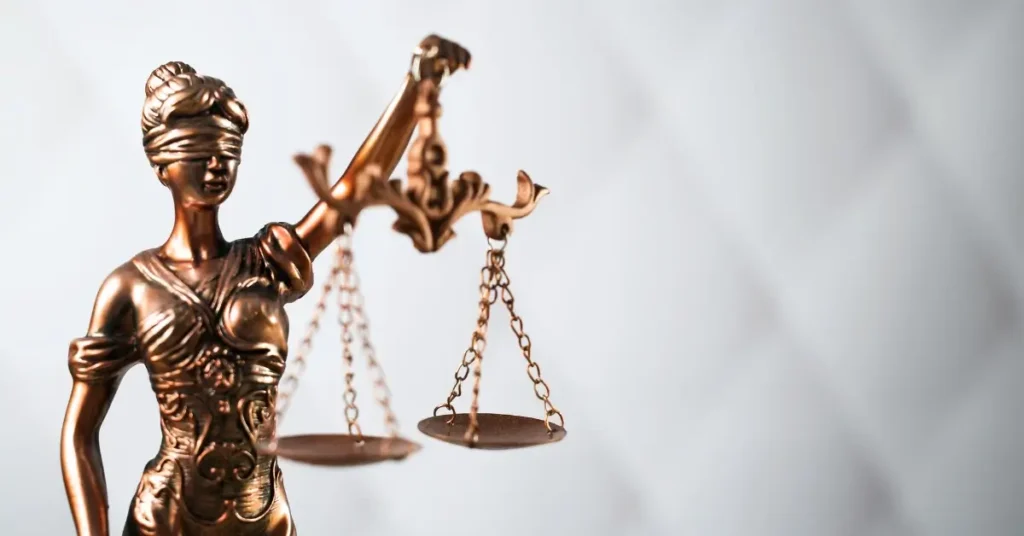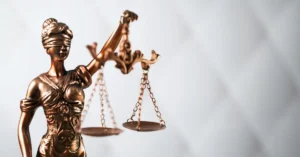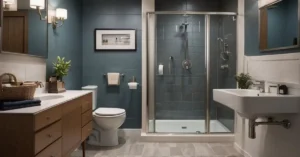Can police take your home security footage? It’s a question that many homeowners ask themselves when they install a security camera system. After all, you want to keep your home safe and secure, but you also want to protect your privacy. The answer, like many legal questions, is not a simple one. It depends on a variety of factors, including where you live, the type of security system you have, and whether or not you give consent.
In general, police can request access to your home security footage if they are investigating a crime. However, they cannot simply take your footage without your permission. They must either obtain a warrant or ask for your consent. If you do not give consent, they may still be able to obtain a warrant if they have probable cause to believe that your footage contains evidence of a crime.
It’s important to note that different states have different laws regarding police access to home security footage. Some states require police to obtain a warrant before accessing your footage, while others allow police to request access without a warrant under certain circumstances. It’s always a good idea to familiarize yourself with the laws in your state and to consult with a legal professional if you have any questions or concerns.
Legal Aspects of Home Security Footage

First an foremost, it’s essential to understand that the police can request your home security footage if they have a valid reason to do so. For example, if a crime has been committed in your neighborhood, the police might request your footage to help with their investigation.
However, it’s important to note that the police cannot simply take your footage without your permission or a warrant. If the police do not have a warrant, you have the right to refuse their request.
In some states, you are required to post a sign indicating that you have surveillance cameras on your property. In other states, you might be required to obtain consent from your neighbors before installing cameras that can capture footage of their property.
Furthermore, it’s important to ensure that your home security system is compliant with applicable laws and regulations. For example, if your cameras capture audio, you might be required to obtain consent from anyone whose voice is captured on the footage.
Police Rights and Limitations

If the police do request access to your footage, it is important to know your rights and limitations. Here are some things to keep in mind:
- You have the right to refuse the police access to your footage if you do not want to share it.
- If you do decide to share your footage, you have the right to know why the police want to access it and how it will be used.
- The police may only use your footage for legitimate law enforcement purposes and may not share it with third parties without your consent or a court order.
It’s also important to note that some home security systems, such as Ring, have partnerships with law enforcement that allow them to request access to footage from homeowners who have opted in to the program. If you are concerned about your privacy, you may want to consider disabling this feature or choosing a different security system that does not have such partnerships.
In summary, while the police do have the right to request access to your home security footage, they must follow certain limitations and guidelines. As a homeowner, it is important to know your rights and make an informed decision about whether or not to share your footage with law enforcement.
Understanding the Fourth Amendment

As a homeowner with a security camera, you may be wondering if the police can take your home security footage. The answer to this question lies in the Fourth Amendment of the United States Constitution, which protects citizens from unreasonable searches and seizures by the government.
According to the Fourth Amendment, the police must have a warrant or probable cause to search your home or seize your property. This means that they cannot simply take your security footage without a valid reason. However, there are some exceptions to this rule.
For example, if the police have reason to believe that a crime has been committed and your security footage could provide evidence, they may be able to obtain a warrant to search your property and seize the footage. Additionally, if you voluntarily provide the footage to the police, they can use it as evidence in a criminal investigation.
It’s important to note that the Fourth Amendment applies to all forms of surveillance, including traditional forms like wiretapping and modern forms like pole cameras. In recent years, there has been much debate about the use of surveillance technology by law enforcement and its potential impact on privacy rights.
Potential Legal Consequences for Homeowners
First and foremost, it is important to note that homeowners have the right to refuse the police access to their home security footage. However, if the police obtain a search warrant or a subpoena, they can legally obtain the footage. If a homeowner refuses to comply with a search warrant or a subpoena, they may face legal consequences, including fines and even imprisonment.
Moreover, if the police obtain the footage illegally, it may be inadmissible in court. This means that the footage cannot be used as evidence against the homeowner. However, if the police obtain the footage legally, it can be used as evidence in court. This may have serious legal consequences for the homeowner, especially if the footage shows illegal or incriminating activity.
It is also important to note that the laws regarding home security footage vary from state to state. In some states, it is legal to record video footage without audio in public places, while in other states, it is illegal to record audio without the consent of all parties involved. Therefore, homeowners should be aware of the laws in their state regarding home security footage.
In conclusion, while homeowners have the right to refuse the police access to their home security footage, they may face legal consequences if they refuse to comply with a search warrant or a subpoena. Homeowners should also be aware of the laws in their state regarding home security footage and ensure that they are not violating any laws.
FAQ
Do home security cameras keep footage?
Yes, home security cameras are capable of recording video and storing it for later use. The length of time that footage is stored varies between cameras, but typically ranges from 30 to 90 days depending on the camera model and storage capacity.
Are security cameras an invasion of privacy?
The use of security cameras can be a controversial topic when it comes to privacy. While they can provide a sense of security, some argue that they can also be an invasion of privacy. Ultimately, the legality and ethical implications of using security cameras depends on the specific circumstances and context.
Is video footage personal data?
Yes, video footage can be considered personal data under the GDPR if it can be used to identify an individual. This means that it is subject to the same protections and regulations as other forms of personal data, such as names, addresses, and phone numbers.
If you liked this blog article about the topic: Can Police Take Your Home Security Footage, don’t forget to leave us a comment down below to tell us about your experience.
Feel free to also check out our Articles from the category “Home Security“



